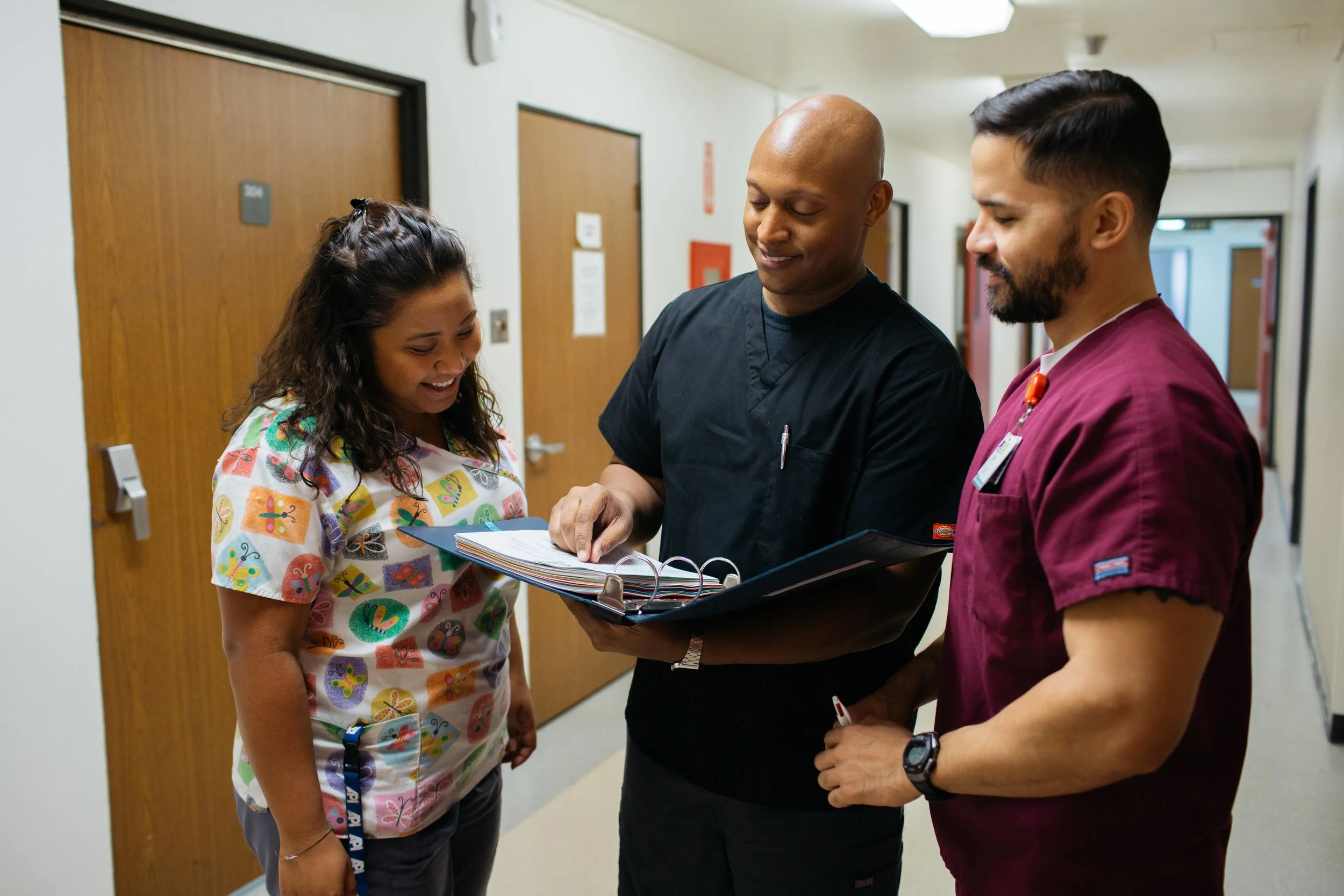chemical dependency is treatable, though it’s equally true that breaking free of addiction requires commitment, support, and often professional intervention. If you or someone you love needs medical intervention for addictive disorders, take a look below at the different types of chemical dependency programs and how they can help:
An estimated 22 million Americans suffer from chemical dependency, which affects all age groups, ethnic groups and social statuses. It’s important to remember that chemical dependency is not a weakness or a character flaw—it’s a disease with disabling symptoms that become progressively worse over time. The good news is that chemical dependency is treatable, though it’s equally true that breaking free of addiction requires commitment, support, and often professional intervention. If you or someone you love needs medical intervention for addictive disorders, take a look below at the different types of chemical dependency programs and how they can help:
Inpatient chemical dependency treatments
For patients suffering from severe substance abuse, inpatient programs are often the best way to start the recovery process. Programs start with detoxification, using hospital-approved medication protocols that ensure safe withdrawal from alcohol and/or drugs in the most comfortable manner possible. From there, highly-structured treatment is carried out by a team of skilled clinicians, counselors and therapists, with an emphasis on rapid stabilization and the development of strategies to avoid relapse and re-hospitalization.
Partial hospitalization programs
Partial hospitalization programs are designed to closely monitor and treat patients who are stable enough to no longer require inpatient treatment but still need relatively intensive care. The daytime treatment programs, in which patients spend evenings and weekends at home, are also ideal for patients who need intensive care but want to avoid hospitalization.
Outpatient recovery programs
For patients whose chemical dependency is not severe enough to require hospitalization, outpatient drug treatment is an effective place to start. Outpatient programs provide intensive treatment to break the behavioral cycle of addiction by focusing on individual responsibility, addiction education, and relapse prevention. Outpatient programs also work to identify other mental or behavioral issues that may interfere or complicate the recovery process, and provide the tools patients need to improve their quality of life.
Evening chemical dependency programs
Another outpatient option is an evening chemical dependency program, which is typically customized to each patient based on where they are in their recovery process. Support groups are one of the most effective aspects of evening treatment programs, offering patients the opportunity to meet others in recovery and share the tools and resources they need for a life free from drugs and alcohol. see more for alcohol chemical dependency and how is treated
Opiate dependence programs
Considering the tragic opiate addiction epidemic in the US, many addiction treatment centers offer specific programs for opiate dependence. The outpatient programs are medically monitored and utilized in conjunction with individual, group, and family therapy. Detoxification medication is also included in the programs, although patients must have an understanding of the risks and benefits of taking it.
Aftercare programs
The recovery process doesn’t end when patients are discharged from inpatient or outpatient programs. That’s why aftercare programs, which help patients successfully transition back into their community, are so crucial. Most aftercare programs involve weekly sessions led by counselors who help patients work through ongoing recovery challenges, including relapse prevention.
Family education programs
Chemical dependency doesn’t just hurt the patient—families, friends and loved ones are affected as well. Family education programs are offered while the patient participates in treatment, and include support groups that focus on family dynamics and education on co-dependency and relapse prevention.
Alvarado Parkway can help
If you or a loved one is ready to seek treatment for chemical dependency, Alvarado Parkway Institute can is here for you. For over 35 years, we’ve helped people get clean and stay sober through a variety of customized treatment programs. For more information, please reach out via the contact form on our website, or call our 24-hour referral and crisis line at 619-667-6125.

